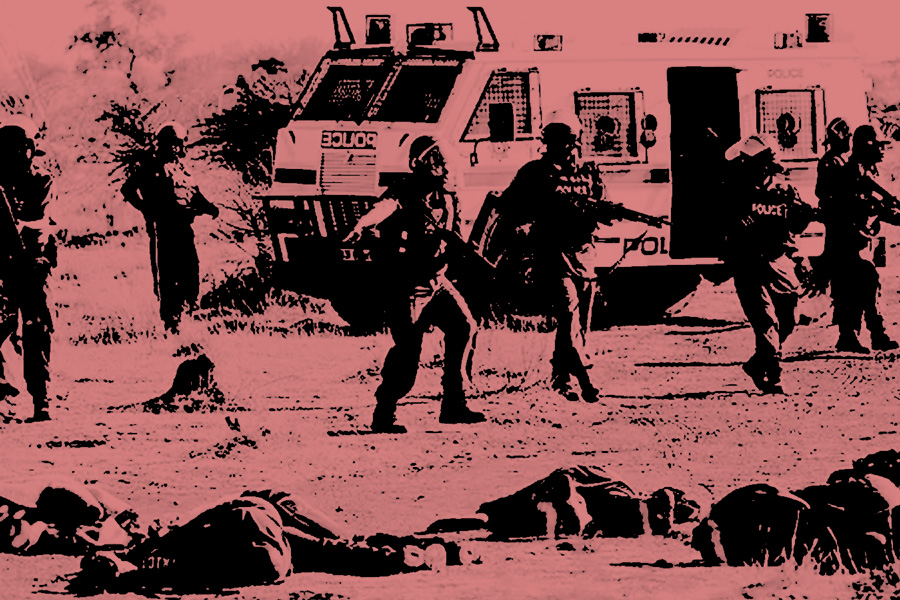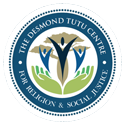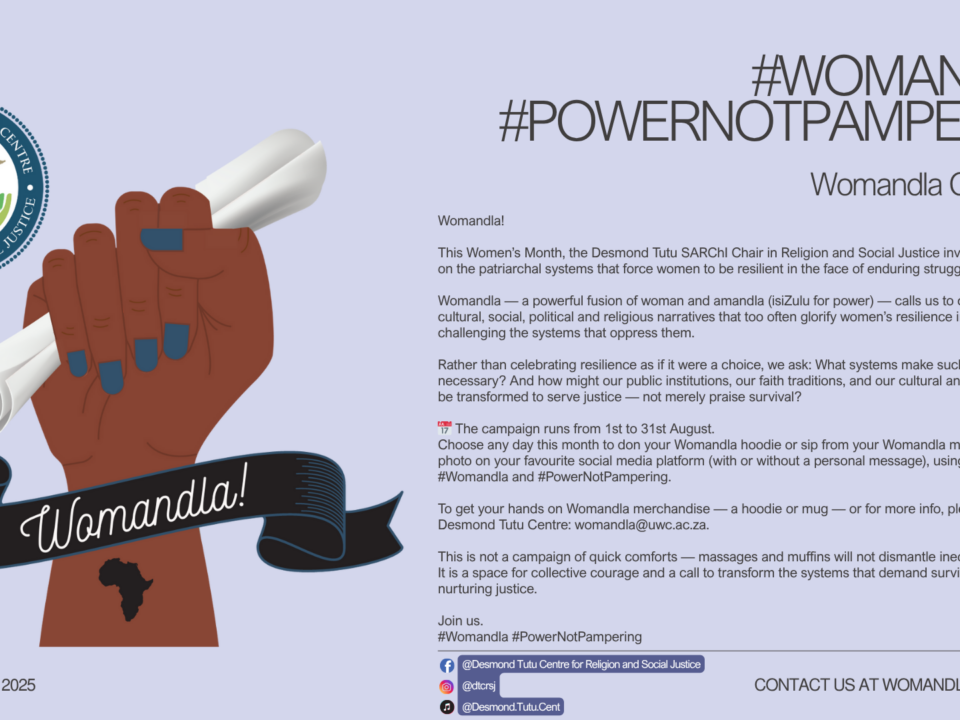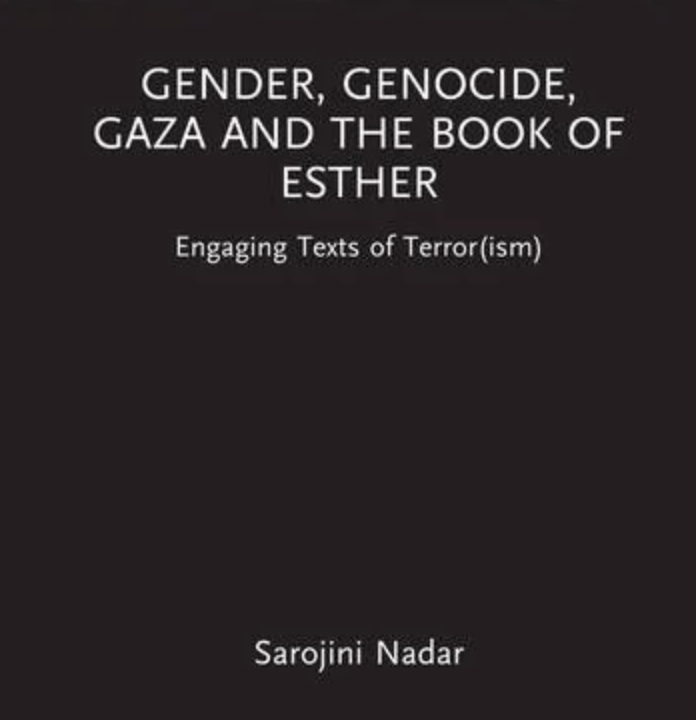
Discernment and Radical Engagement
12/05/2018
First Annual ‘Remembering Marikana’ Lecture
10/08/2018Two doctoral students, Thobeka Khubisa and Nobuntu Motholeni, as well as Prof Nadar and Dr Johnathan Jodamus, were invited to participate in the third annual Critical Times, Critical Race Symposium at the University of KwaZulu-Natal, in July 2018.
The symposium, was significant for the Centre particularly for the ways in which the Centre frames its research within qualitative decolonial epistemological paradigms. The students benefited from exploring together with students from other universities, how multifaceted aspects of critical theory (such as race, gender, sexuality and class studies) come to bear on studies of religious and cultural traditions.
The symposium was also important for thinking through issues of positionality while also taking into consideration the politics of doing ‘race’ work in current contexts. Prof Nadar and Dr Jodamus presented a paper: “Between Rainbows and the Lynching Tree: Black Theology in South Africa and North America”
Abstract
The purpose of this paper (which is still in its thinking stages) is to ask questions about the role and place of South African Black theology in post-apartheid South Africa. Recognising that South African Black theology was essentially “protest theology” against an unjust White government, its utility in a post- apartheid context with a Black government in place, has been questioned. It seems that Black Theology has been replaced with Rainbow Theology, the latter being proposed by Archbishop Emeritus Tutu in his book, “The Rainbow People of God.” Inspired by James Cone’s famous comparison between the “cross and the lynching tree” we wish to argue in this paper for the utility of black theology in a society that certainly does not espouse the ideal of a post-racial rainbowism, and to draw out the key tenets and values of a Black theology related to a seemingly foregone past to help us think through some of the present racisms which construct social relations in South Africa. We bring gender critical theory and critical race theory into dialogue in order to explore to what extent ideas of non-binary identities and perhaps even strategic essentialism are useful to the material lived experiences of a patriarchal and racist society.





